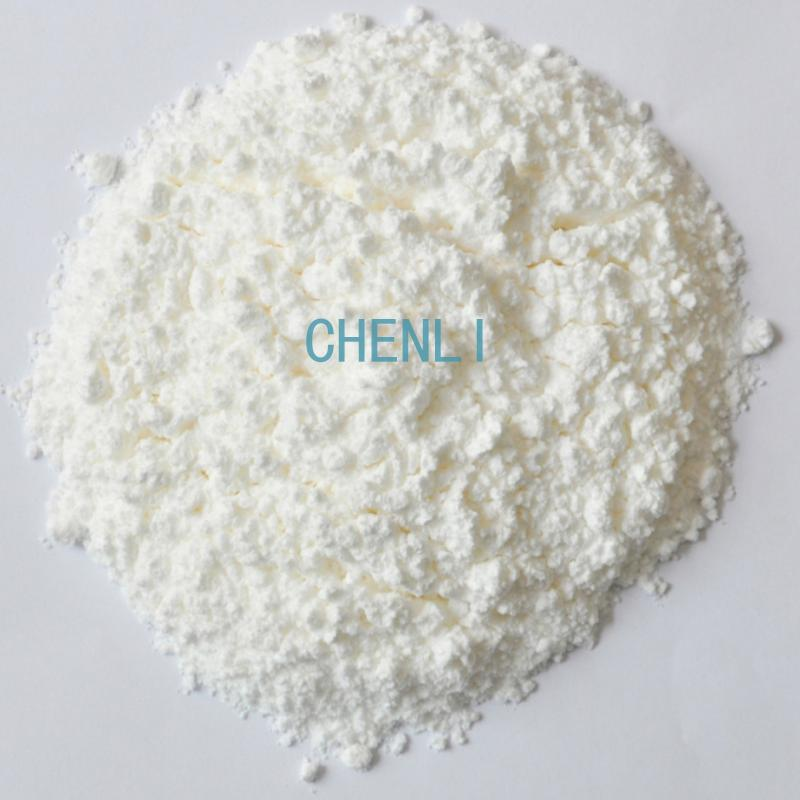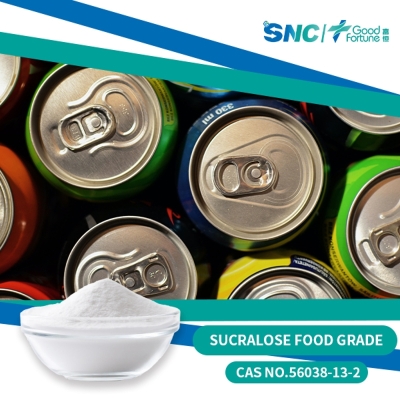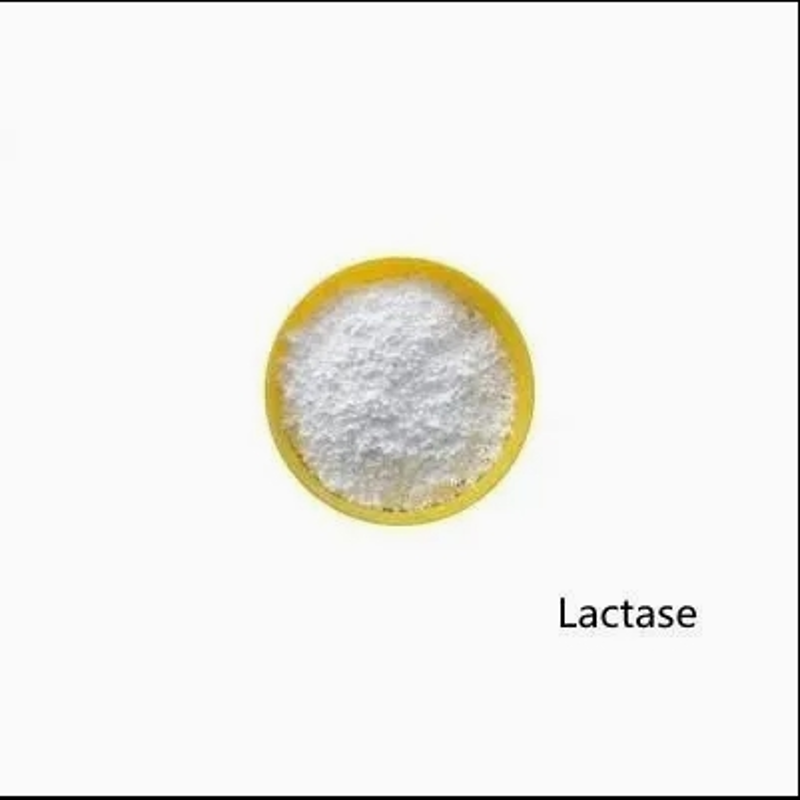-
Categories
-
Pharmaceutical Intermediates
-
Active Pharmaceutical Ingredients
-
Food Additives
- Industrial Coatings
- Agrochemicals
- Dyes and Pigments
- Surfactant
- Flavors and Fragrances
- Chemical Reagents
- Catalyst and Auxiliary
- Natural Products
- Inorganic Chemistry
-
Organic Chemistry
-
Biochemical Engineering
- Analytical Chemistry
-
Cosmetic Ingredient
- Water Treatment Chemical
-
Pharmaceutical Intermediates
Promotion
ECHEMI Mall
Wholesale
Weekly Price
Exhibition
News
-
Trade Service
According to the Xinjiang Food and Drug Administration, the Xinjiang Food and Drug Administration issued the 31st issue of 2018 food safety sampling information, the region-wide production and operation of alcohol, vegetable products, egg products, sugar, aquatic products, starch and starch products, edible agricultural products 7 categories of 452 batches of products for supervision and sampling, non-conforming products 3 batches.
sampling information shows that the unqualified products starch and starch products are not qualified 2 batches, edible agricultural products are not qualified 1 batch.
2 batches of Kulle Tianyun food processing plant sold by Bazhou and Jingxian Home Manfu Supermarket Co., Ltd. fresh potato powder, aluminum residue exceeded the standard.
addition of aluminum sulfate potassium sulfate (alum) during traditional fan powder processing can improve fan toughness and reduce break loss.
addition of aluminum sulfate potassium will cause aluminum residue in fan powder.
the Announcement of the National Health and Family Planning Commission on the Approval of β-Semi-Lactose Glycoside Enzyme as a New Variety of Food Additives (No. 1 of 2015) requires that the residual amount of aluminum in fan powders should not exceed 200 mg/kg.
long-term excessive intake of aluminum can lead to decreased motor and learning memory, affecting children's intellectual development, inhibiting fetal growth and development.
another batch of unqualified edible agricultural products for: Zeller County Balati vegetable shop sales of celery, poison death over the standard.
, also known as chloroven parathion, is one of the most widely used organate insecticides in the world.
January 2008, after the Chinese government completely banned the production and use of five highly toxic organophosphate pesticides, such as parathion, the toxic ticks were used more widely as substitutes for highly toxic organophosphate pesticides.
according to the National Standard for Food Safety, the maximum residual limit of pesticides in food (GB2763-2016) stipulates that the maximum residual limit for poisoned radon in vegetable celery is 0.05mg/kg.
In response to the food safety supervision and sampling found unqualified food, The Xinjiang Uygur Autonomous Region Food and Drug Administration has asked the relevant local (state, city) food safety regulatory authorities to carry out verification and disposal work, urge production operators to fulfill their legal obligations, implement the main responsibility, take the storage of unqualified food stocks, suspend the production, sale and use of unqualified food, recall non-conforming food and other measures, find the cause of the problem and rectify, prevent and control food safety risks.
Related Reports: Xinjiang Uygur Autonomous Region Food and Drug Administration Food Safety Supervision and Inspection Information Announcement (No. 31 of 2018) This article was edited by food partners network food information center, for the reference of netizens, welcome to reproduce, reprint please indicate the source! If you have any questions, news@foodmate.net.
。







